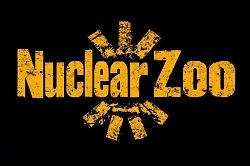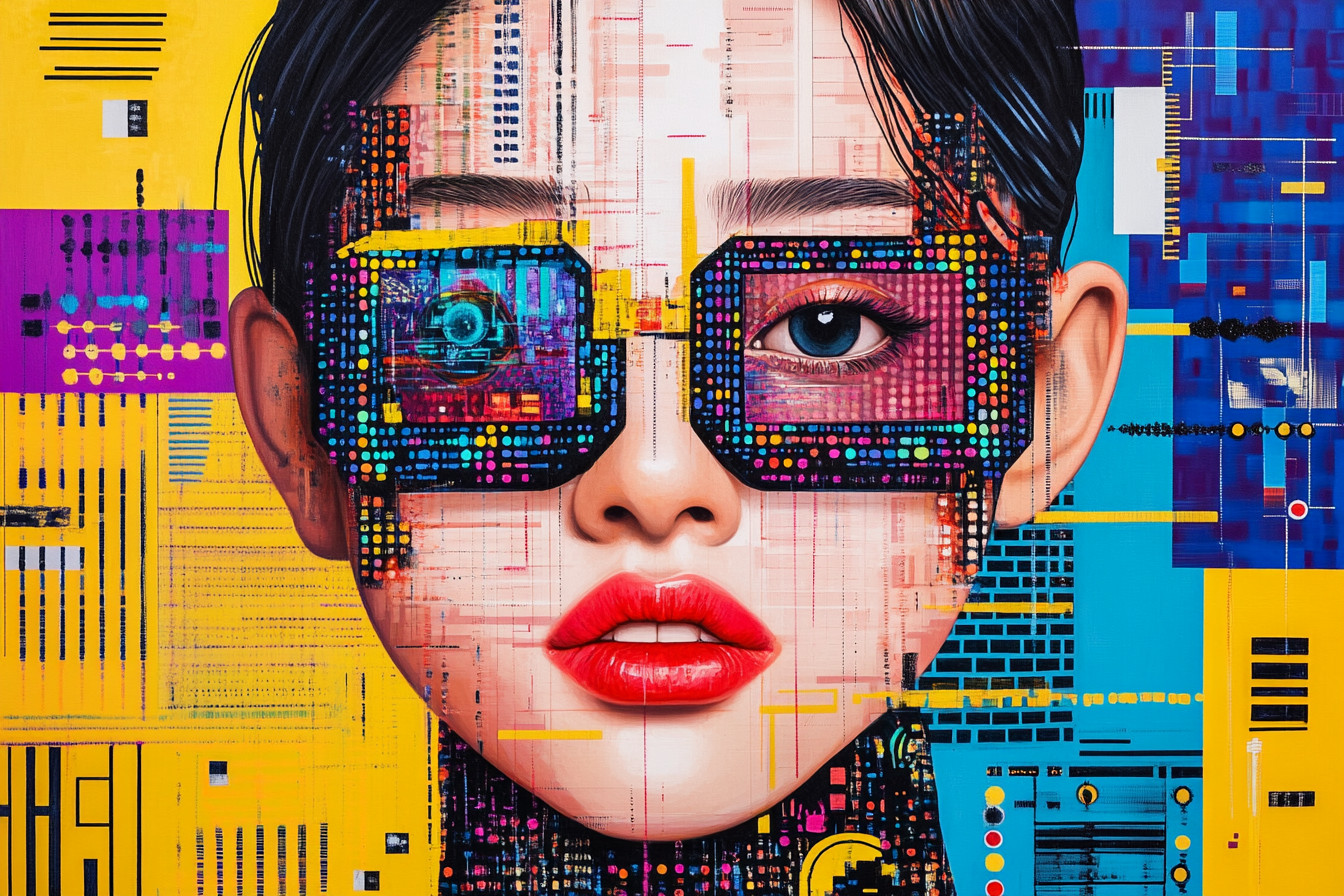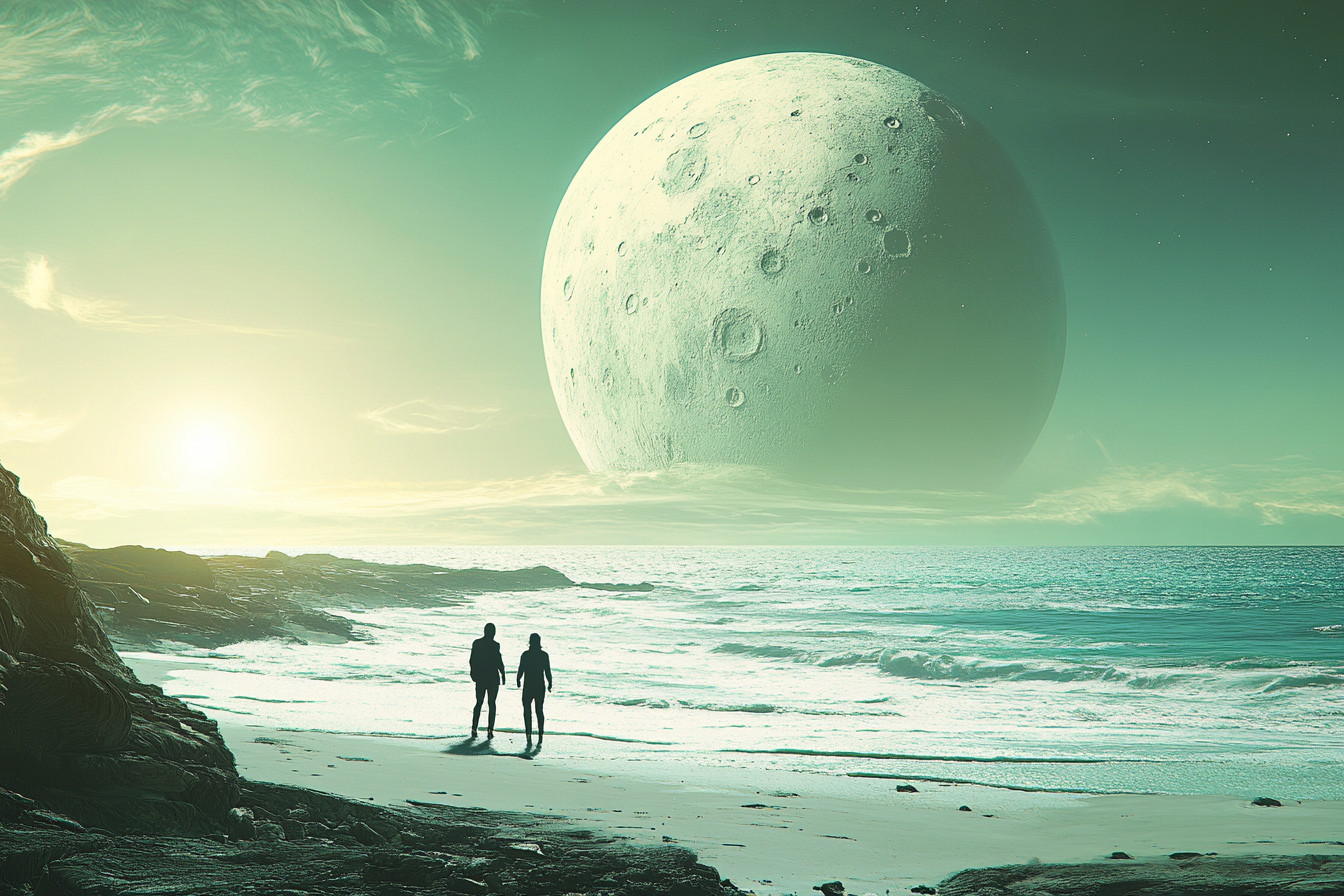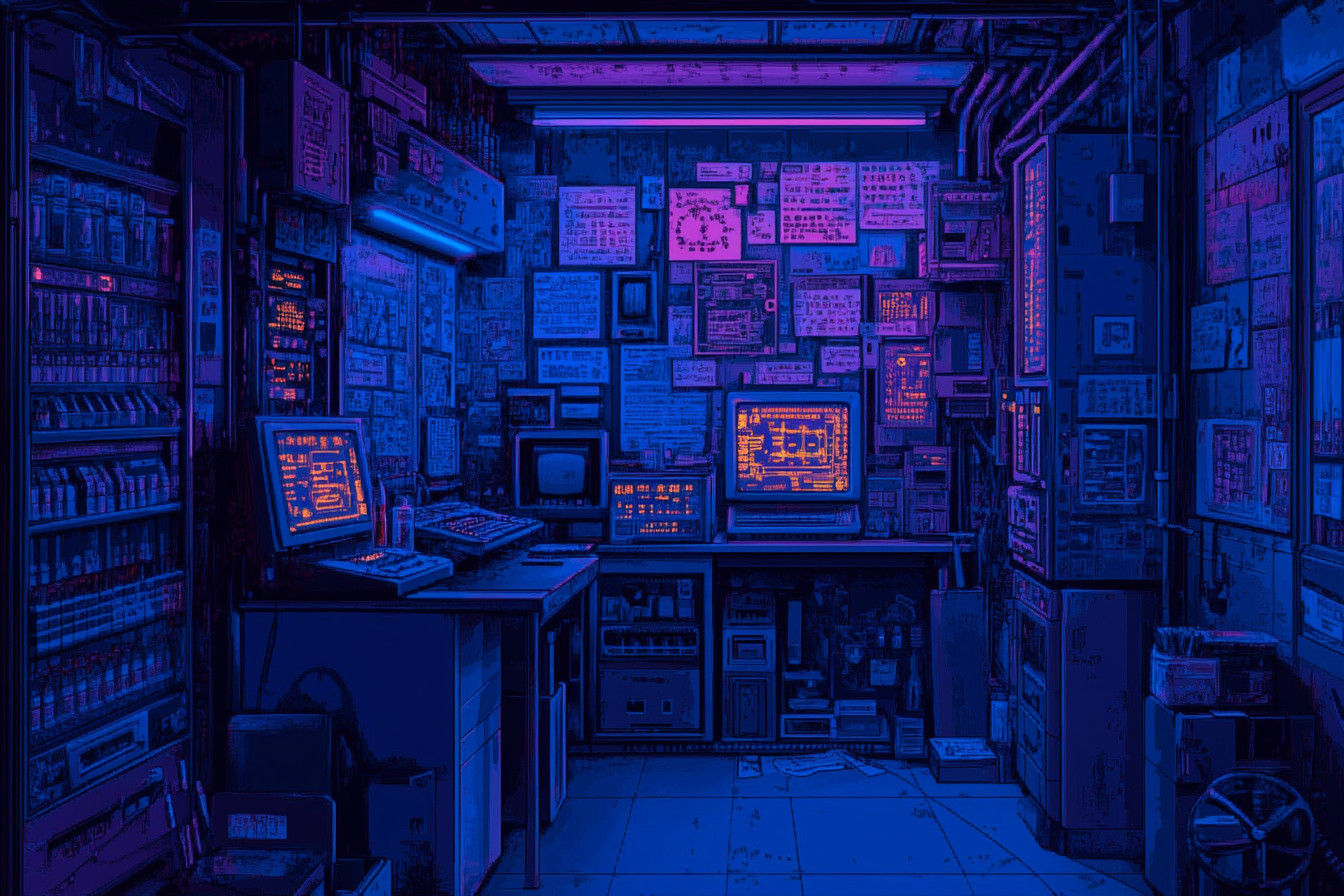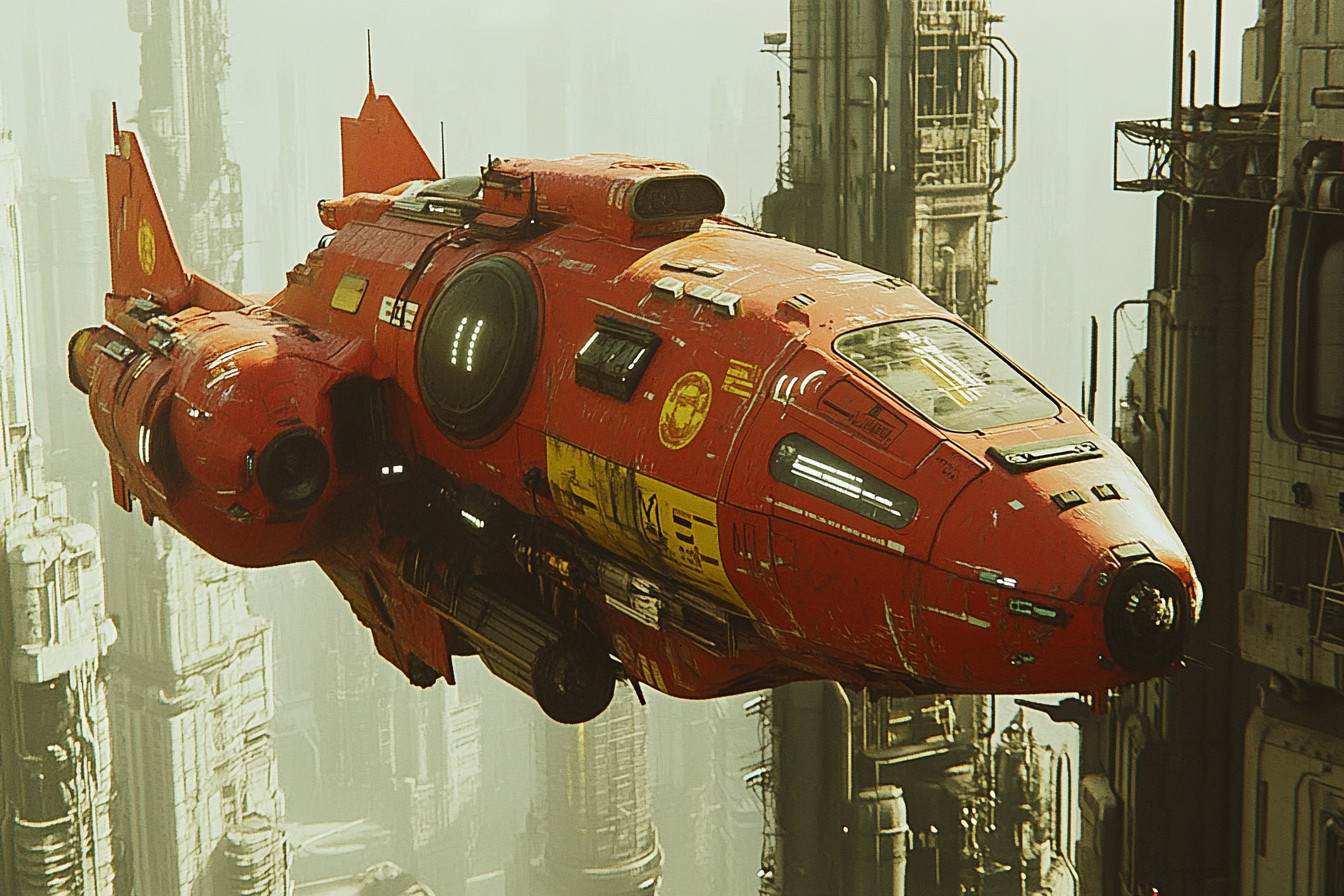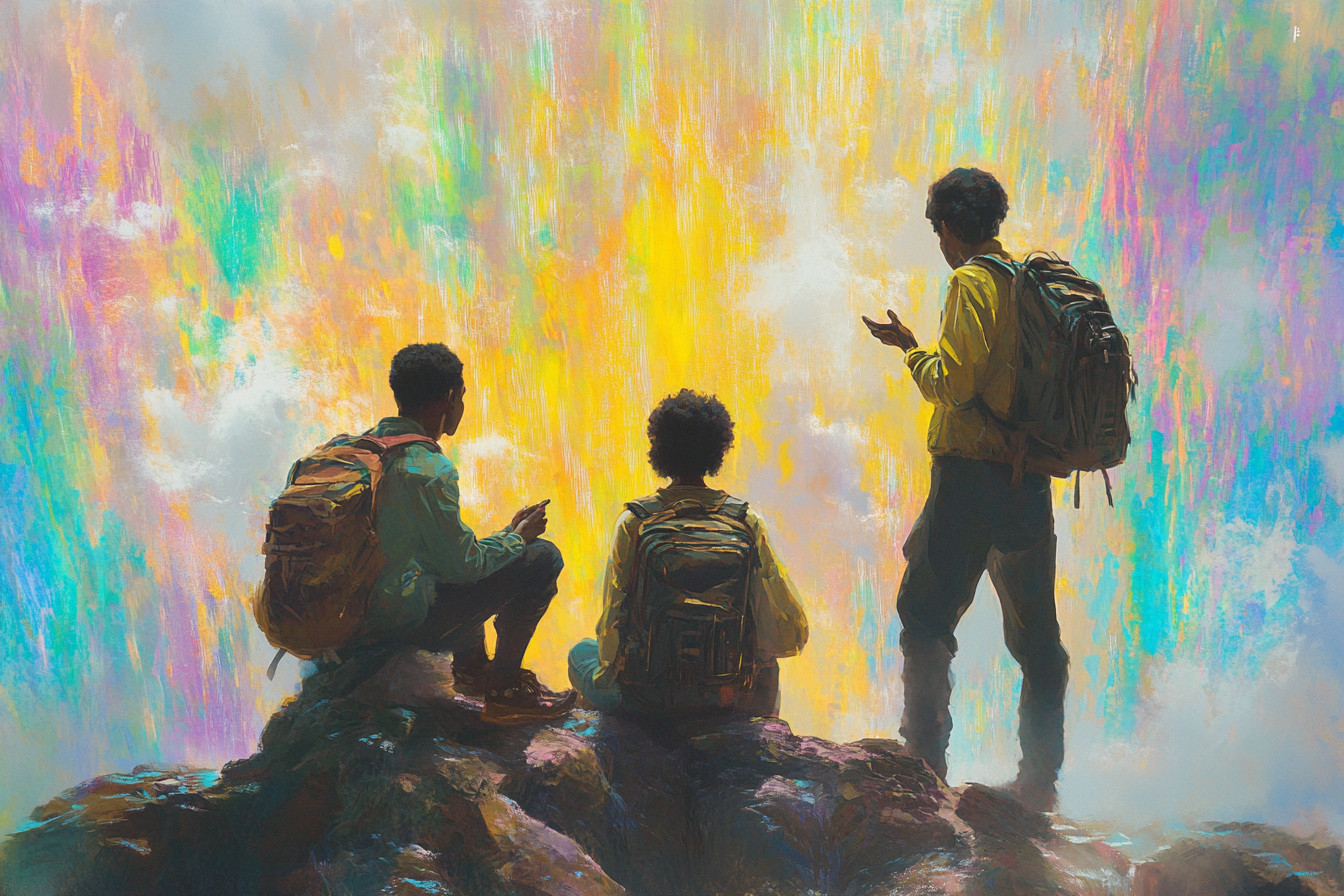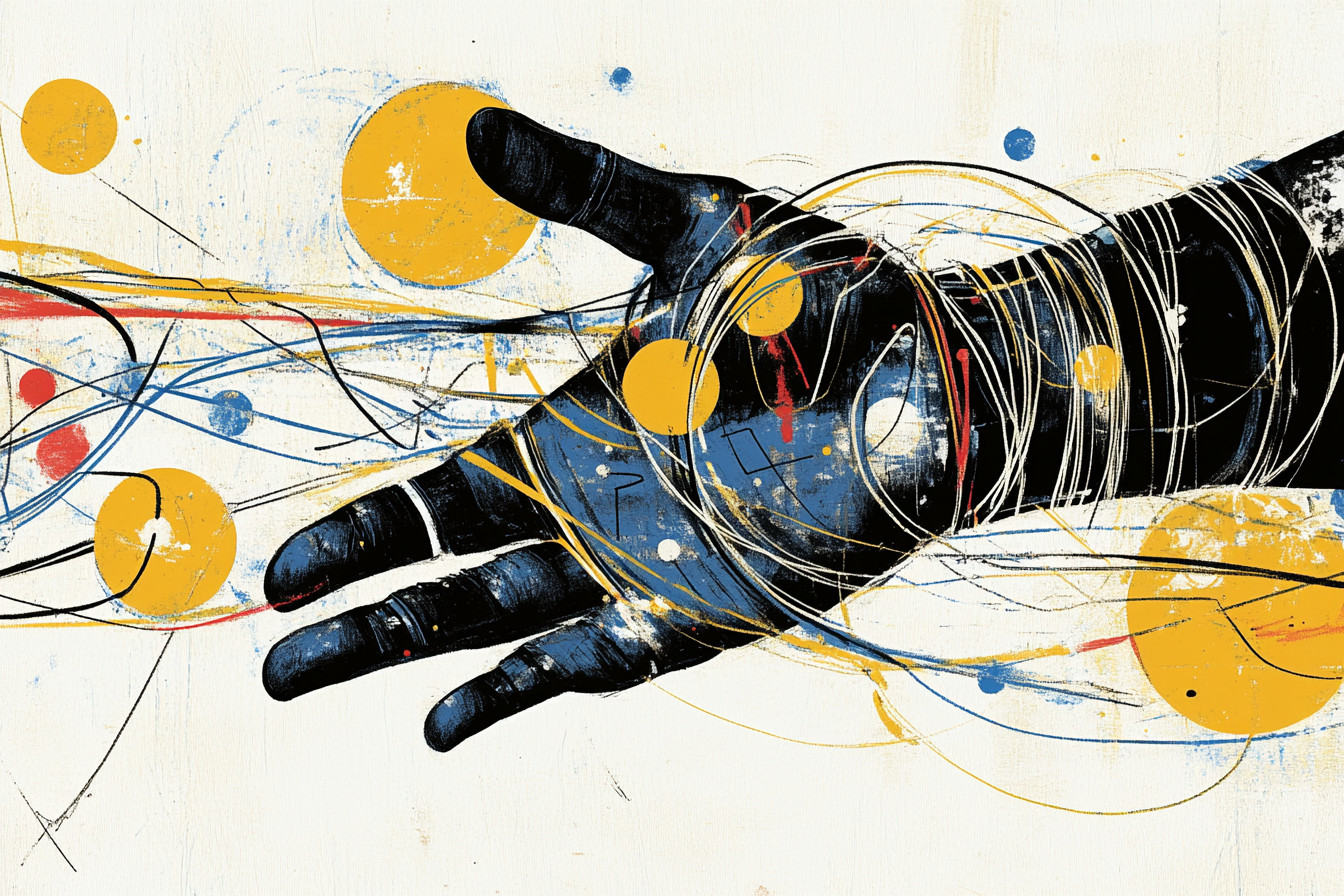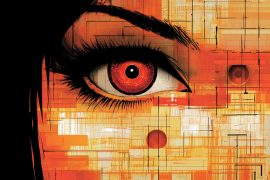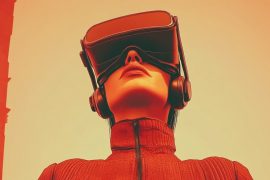As technology progresses at a breathtaking pace, I can’t help but reflect on how our identities intertwine with the internet. We seem to be living in two narratives simultaneously: one is deeply human, and the other increasingly synthetic. I’m particularly captivated by the balance of our “real” lives and “virtual” identities, especially considering the universes spawned by science fiction.
These narratives might appear fantastical, but they challenge us to explore our identities and connections more profoundly. The first anime that captivated me, ‘Ghost in the Shell’, was released in 1995 and transformed so many of my understandings. Major Motoko Kusanagi, the protagonist, epitomizes the self-conflict phenomena with technology at such a level that humans and machines become indistinguishable.
Her life between artificial intelligence and cybernetic limbs aroused the existential curiosity of: What does it mean when we can enhance our bodies and digitize our minds? What does identity mean when experiences could be manufactured, transformed, or even annihilated? These, among others, were the questions seething my mind long after the movie had lended its credits.
Seems to me the bulk of identity and technology was approached long ago in speculative fiction. To me, the most interesting aspect happens when the narrative digs into the sentiments that lie below. The film *Her*, along with certain episodes from *Black Mirror*, explore these sentiments alongside their accompanying worries, intrigues, and even hopes. Spike Jonze’s *Her* features Theodore, who falls in love with his AI operating system Samantha.
The intricacies of having relationships in contemporary society and the need to love makes us ponder how authentic our affairs are when screened by the algorithms could give us. These characters remind me of life and the difficulties that come with it and how all of us try to form a self in a world which looks like it’s constantly pulling more and more out of you. One thing that always crosses my mind is the fact of how we create our online persona by selecting images, edits, captions, and everything else associated with projecting the persona they’d like invited into the world.
As for curating in such a manner, some may find it difficult due to the inconsistency with their offline and online social scenarios. Are we losing our true self or are we broadening the frontiers of self-expression? The more I read, the more I find complex differences in myself.
While social media has its perks, it took me quite some time to understand that the version of me I showcased online was not entirely accurate. There was a deep-seated yearning within me that was nowhere to be found in the likes my posts received. With overflowing self-esteem courtesy of social media, it makes me ponder how I allowed tech to shape my self-image – an image that I came to understand was vastly different from lived experiences.
**Understanding the Emotional Side of Digital Presence**
The identity exploration within science fiction isn’t restricted to the conflict between humans and machines. It equally encapsulates fictitious roles that we portray in our mundane lives, blurring reality with the fiction. *Black Mirror* fans might recall the episode “Be Right Back,” where a woman, Martha, uses a service that lets her resurrect her deceased boyfriend Ash using his digital imprint.
What love signifies in an era when technology can mimic reality is one of the episode’s most thought-provoking dilemmas. A question arose while viewing the episode: does AI love? No matter how high tech and intricate it is, can AI emulate the feelings of a cherished human figure by superficially replicating their gestures or pretending to be them?
Filling the void left by shattered relationships, so-called ‘friends’, and ‘fans’ allow individuals to find communities which provide a sense of identity and belonging. But it is hardly a substitue for authentic, real-world connections. And one thing is for certain: swipes, taps, and clicks from modern-day devices will continue to be taken for granted.
Even though I have sufficient friends, I often experience a sense of emptiness. It appears as if our screens are walls rather than windows inviting us to a world of infinite opportunities, which makes me question the nature of our online interactions and if it even fulfills the bare minimum requirement of being human.
Not only does the gap between the world as we know it and the technology we are used to seem real, contemplating the future of human relationships forms quite an interesting thought puzzle. There exists a nagging worry that technology seems to creep into our lives more deeply every day, whisking us closer towards an existence where our real selves will be substituted with digital avatars. It very much disturbs me that I am around people, yet feel like I need to actually reclaim reality: the idea of being socially meaningless, reduced to a hollow shell quantified by social media interactions, while genuinely wanting to be heard, understood, and valued, feels terrifying.
Again, I think of the power stories have to help us navigate the world we have traveled. Science fiction in particular serves both as a literary self-examination and a blend of a cautionary tale with a source of hope. It provokes deep reflection regarding the repercussions of one’s actions, and the kind of world that is intended to be bequeathed to future generations.
When traversing my path, it is clear to me how necessary finding balance between my physical self and digital self is. I desire to engage with technology in ways that enrich my life instead of the opposite. This requires purposeful in-person engagement, the delightful chaos of community, and management of my self-image on social media.
While constructing a persona for myself in a world brimming with insincerity is a necessity, it also is not very straightforward at the same time. Looking deeper, I take solace in the fact that I am indeed not the only person trying to figure out these solutions. Perception in movies and series depict an issue more profound than the attempt to understand modern existence.
I personally think that in as much as we intend to construct an better society through the use of modern innovations, our warmth, capacity to care and relate actually will prevail at the end. In attempting to disentangle our identities through science fiction, there is more to humanity than just existing, especially when regarded from the perspective of technology dominating the world. We are challenged to confront our fears and wishes, seek comprehension of the nature of our interconnectedness and embrace the complexity surrounding our identities.
As the battle between technology, identity and humanity rages on, I accept the challenge of exploring feelings and ideas without boundaries, as it is framed by my pledge.
